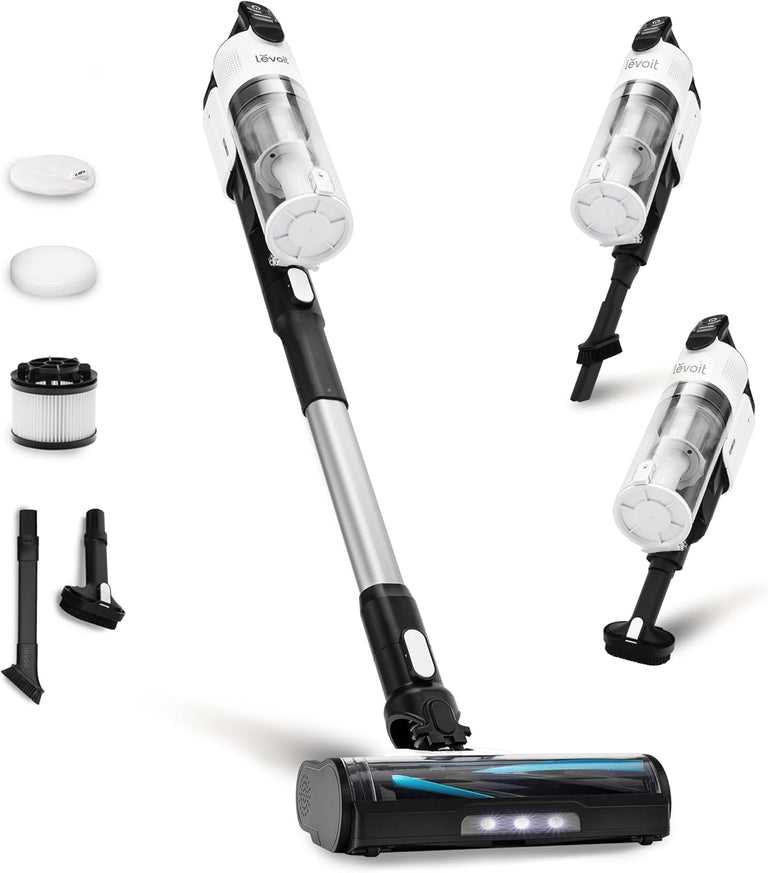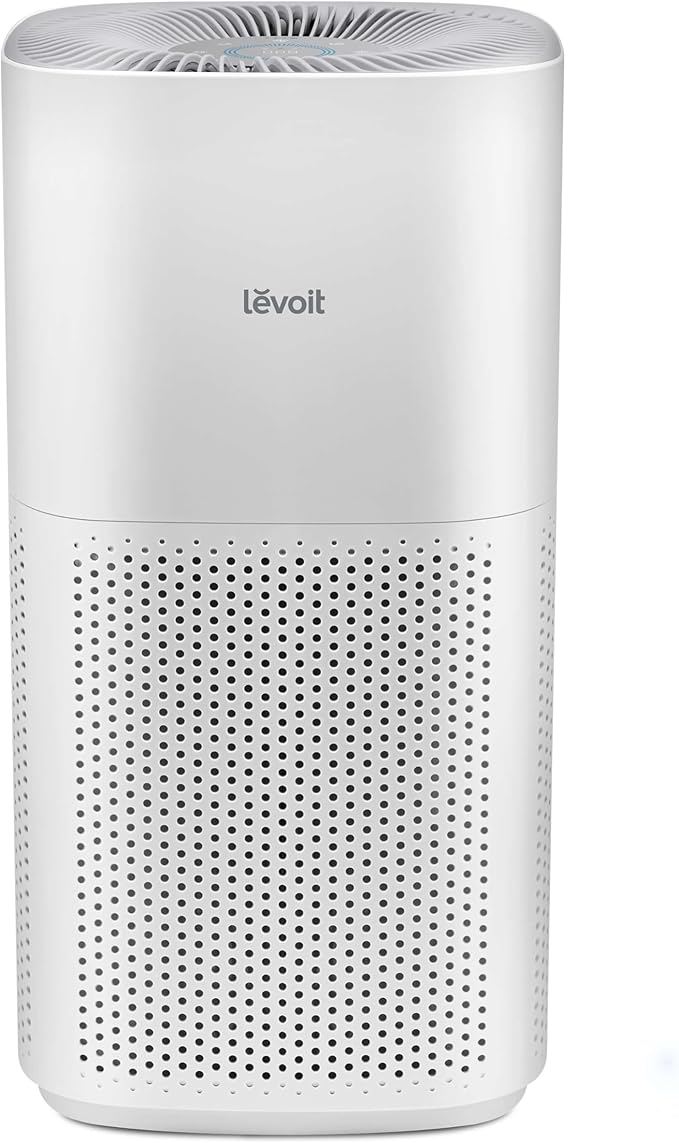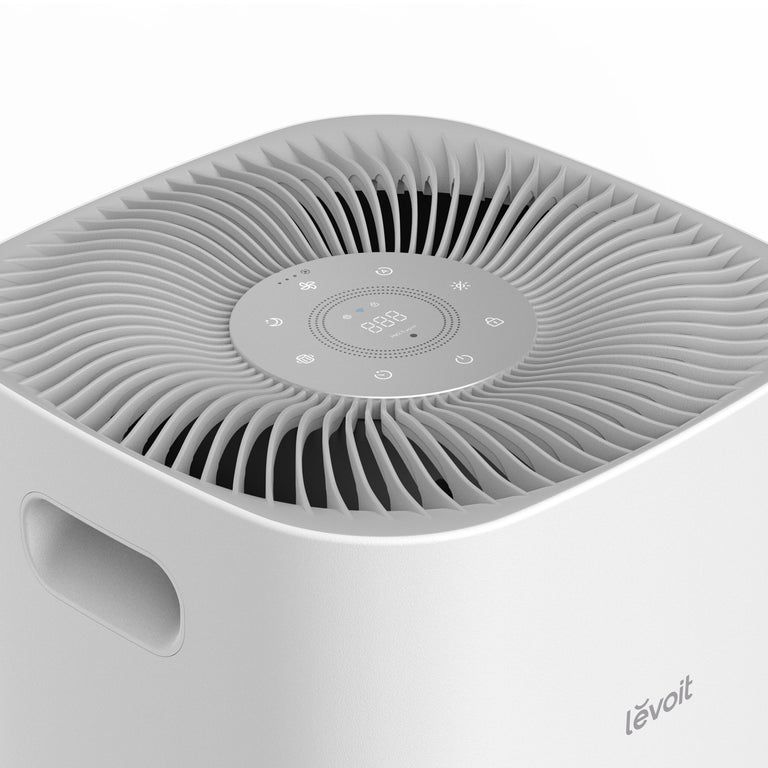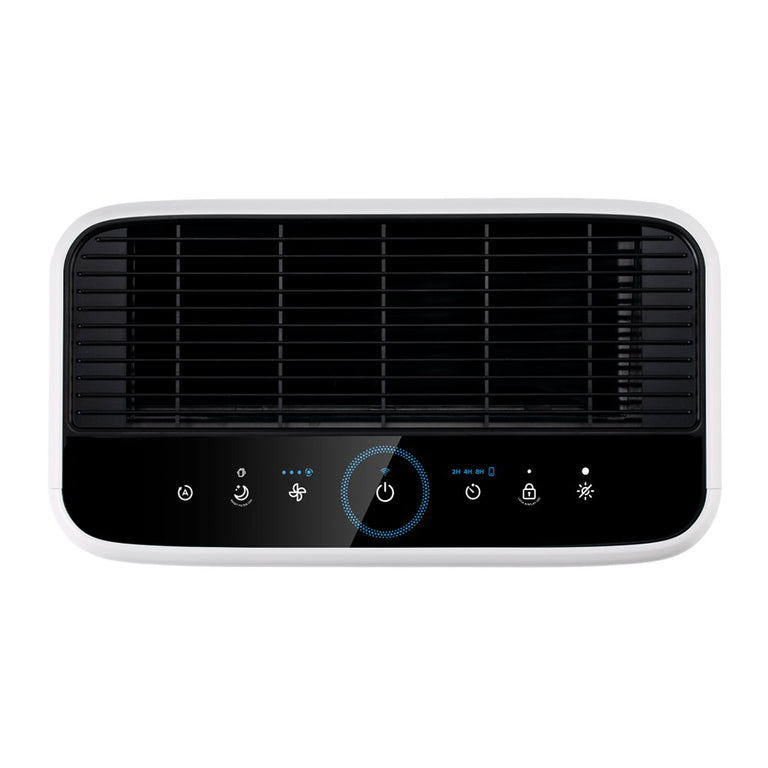
Indoor Air Quality Matters: How to Breathe Easy This Air Quality Awareness Week
-
1 min read
TL;DR: Air Quality Awareness Week (May 5–9) is the perfect time to focus on the air you breathe indoors. Indoor air can be up to 5x more polluted than outdoor air, with allergens, VOCs, mold, and more triggering issues like asthma, fatigue, and stress. Learn simple steps to improve IAQ for yourself, your pets, and your plants — from using certified air purifiers to switching to non-toxic cleaning products.
Each year, the first week of May marks the EPA’s Air Quality Awareness Week, shining a spotlight on how the air we breathe, both indoors and outdoors, affects our well-being. While many of us think of smoggy skylines or pollen counts when we hear “air quality,” the truth is that indoor air quality (IAQ) plays a critical role in our wellness. In fact, the EPA reports that indoor air can be two to five times more polluted than outdoor air (EPA).
This year Air Quality Awareness Week spans from May 5 to 9. And the theme? “Stay Air Aware.” It’s a perfect reminder to tune into and ruminate on the air quality inside your own home as well as outdoors.
Not enough excitement? Each day focuses on a specific topic:
- Monday, May 5: Wildland Fires and Smoke
- Tuesday, May 6: Asthma and Your Health (which also happens to align with World Asthma Day!)
- Wednesday, May 7: Indoor Air Quality
- Thursday, May 8: Air, Animals, and Plants
There's no better time to more closely examine our own environments, make some thoughtful improvements to our indoor air quality, and strive to “Stay Air Aware.”
Table of contents
What Is Indoor Air Quality, Anyway?
Indoor air quality refers to the condition of air inside homes, offices, and other buildings. Commonly found pollutants inside include:
-
Volatile Organic Compounds (VOCs) from cleaning products and paint
-
Particulate matter (PM) like dust, pollen, and pet dander
-
Mold, mildew, and bacteria
-
Combustion pollutants from cooking smoke and heating
These pollutants can cause anything from eye, nose, and throat irritation to worsened asthma and allergy symptoms (EPA).
IAQ and Your Wellness: The Hidden Link
Good air quality isn't only about comfort, but long-term wellness as well. According to the American Psychiatric Association’s report on air quality and mental health, poor IAQ has been linked to increased stress, fatigue, and even symptoms of anxiety and depression.
A WHO study found that over 99% of the global population is exposed to polluted air, reinforcing how widespread these challenges are.
Curious to learn more about the connection between your air quality and mental health? Read on in Levoit’s blog about Air Quality and Mental Wellness.
Asthma, Allergies, and Air Quality
For the 25+ million Americans living with asthma, indoor air can be a trigger minefield. Dust mites, mold, pet dander, and even cockroach droppings can spark flare-ups. Keeping humidity levels below 50%, vacuuming frequently, and using certified air purifiers can dramatically reduce exposure.
Air Quality and Climate Change: The Bigger Picture
Did you know that climate change is amplifying indoor air quality challenges? Rising temperatures and more extreme weather events mean more allergens and pollutants can creep into our homes. According to the EPA, as climate change accelerates, we can expect higher pollen counts and more wildfire smoke, both of which can eventually infiltrate indoor spaces.
Looking for ideas of what you can personally do to contribute to better air quality and combat climate change? Find more helpful tips here.
Environmental Justice and Clean Air
It’s also important to recognize that poor air quality disproportionately affects marginalized communities. The American Lung Association’s deep dive into environmental justice highlights that lower-income and minority neighborhoods often face higher exposure to harmful pollutants, both indoors and out.
Pets, Plants, and Air Quality
Indoor air quality doesn’t only matter to humans, with your pets and plants feeling the effects as well. In their article on Air, Animals, and Plants, the National Atmospheric Deposition Program found that poor air can stress houseplants and cause respiratory issues in pets, especially birds, who are ultra-sensitive to airborne toxins.
Next time you go plant shopping, try choosing a non-toxic plant like a spider or snake plant. Not only are they hardy, but they act as natural air purifiers! And if you're searching for further ways to improve air quality for your pets and plants, read Levoit’s in depth blog on the topic.
Quick Tips to Boost Your Indoor Air Quality
-
Ventilate regularly by cracking windows and using exhaust fans.
-
Switch to non-toxic cleaning products to reduce VOC exposure.
-
Use a certified air purifier for the best results.
-
Ban indoor smoking and limit use of candles or incense.
-
Keep humidity in check with dehumidifiers and proper ventilation.
Stay Air Aware and Breathe Fuller
This Air Quality Awareness Week let’s take stock of the air we breathe every day. From boosting mental clarity to asthma prevention and environmental justice, air quality impacts all of us, often more than we realize. The good news? With simple steps, we can make a substantial difference, improving not just our own well-being but that of our families, pets, and communities. So, this week, make an effort to stay aware of your air! All so you can keep breathing deep and happy.
Sources:
What is Air Quality Awareness Week?
It’s an annual initiative by the EPA to raise awareness about how air quality affects health, observed the first week of May. Each day has a themed focus, including indoor air, asthma, and the environment.
Why should I care about indoor air quality?
Indoor air often contains pollutants like VOCs, mold, and allergens that can cause respiratory problems, worsen asthma, and even affect mental health.
What are common indoor air pollutants?
Dust, pollen, pet dander, mold, VOCs from cleaning products or paint, and combustion byproducts from cooking are all common IAQ offenders.
How can I improve my indoor air quality?
Ventilate often, use air purifiers, avoid indoor smoking, limit scented candles, clean regularly with vacuums, and reduce VOCs by switching to natural cleaning products.
Who is most affected by poor air quality?
Low-income and minority communities are disproportionately exposed to poor air indoors and outdoors, highlighting the importance of environmental justice.
Featured Products
-
Best Seller
-
Regular price $189.99Unit price perRegular price
$189.99$189.99- Smart
- Large rooms
-
Best Seller
- Small rooms
-
- Medium rooms












